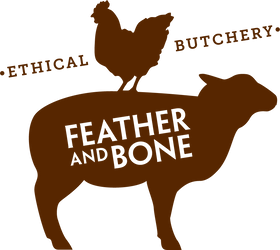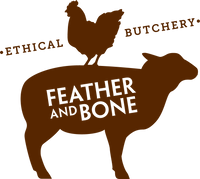Whole animals / meat for the spit
Whole animals / meat for the spit
Whole animals
The size of animal depends on the occasion, the number of people you’re feeding and the array of other food you’re serving. A rough rule of thumb is around 500 gm per person. For example, if you’re feeding the local rugby team after a huge game, your pig might not go very far. But if it’s one part of a gala banquet you might even have left-overs... It can be a bit disappointing when there’s nothing left for the recovery lunch the next day.
Pigs range from suckling pigs at 10 - 14 kg through to light porker pigs at up to 35 kg.
Lambs are usually between 18 - 22 kg.
We'll make sure you get the right size animal.
Other cuts
Other options include a large porchetta (rolled pork loin and belly), lamb shoulders or marinated beef.
Cooking times
Cooking longer and slower yields better results. Your coals should be at the right heat for cooking about 45 minutes after lighting and, as a rough guide, a 16-20 kg pig would usually take about five hours to cook. Of course, cooking times vary significantly depending on the size of the animal and the conditions, so the bigger the animal the longer it takes and cold, windy weather slows down the cooking.
About pasture-raised pigs
Our pigs are all ‘pasture-raised’ which means they're bred and raised outside on local farms, free to express instinctive behaviours, and the herds and their mobile shelters are regularly moved to fresh ground. This is good for the pigs and good for the landscape. Most herds are comprised of heritage-breed, black-haired pigs that thrive outside, growing slowly, producing sensational meat. They're weaned later and have much more diverse diets than shed-raised pigs and the decision to wean is based on a range of factors including environmental conditions and the health and well-being of the animals.







